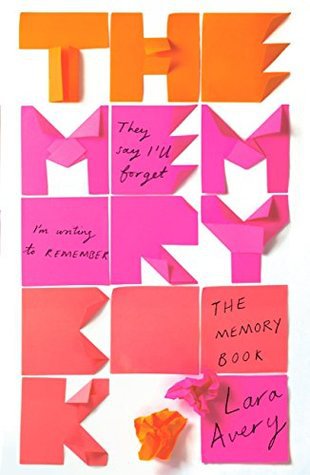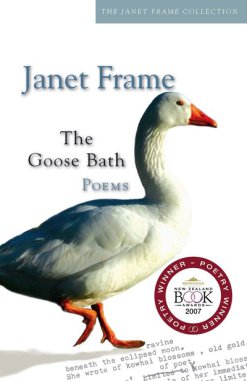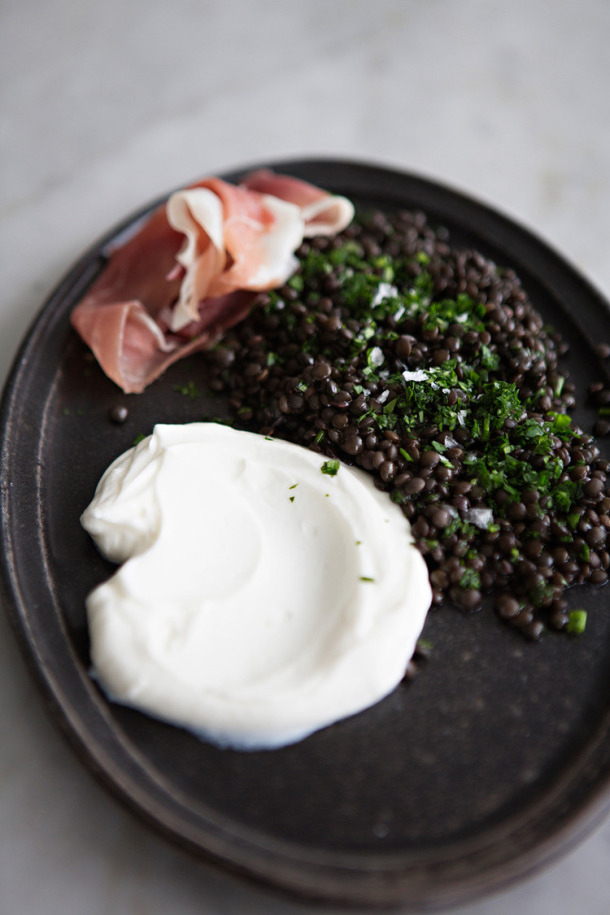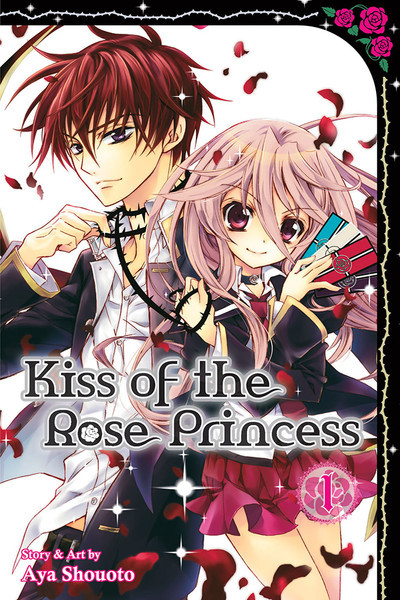I used to do book reviews for Curled Up With a Good Book, but I stopped for a number of years.
However, that hasn’t stopped me from reading. As I have eliminated news posts from this blog for the most part (I’ll explain why at a later date), I was trying to figure out what else may be of interest to my readers here.
Lately, I’ve gained the following of some wargamers and wargaming blogs, and it reminded me of my love for wargames and History (especially military history). Many of the games that we play are historical in nature.
Basically, book genres and game genres often overlap, with some books actually getting games made based on them (Pillars of the Earth, anyone?)
The thunderbolt that came from out of the blue after thinking about that was eye-opening.
Why not get back to book reviewing as well?
The first book review for the site is actually the second book in a series.
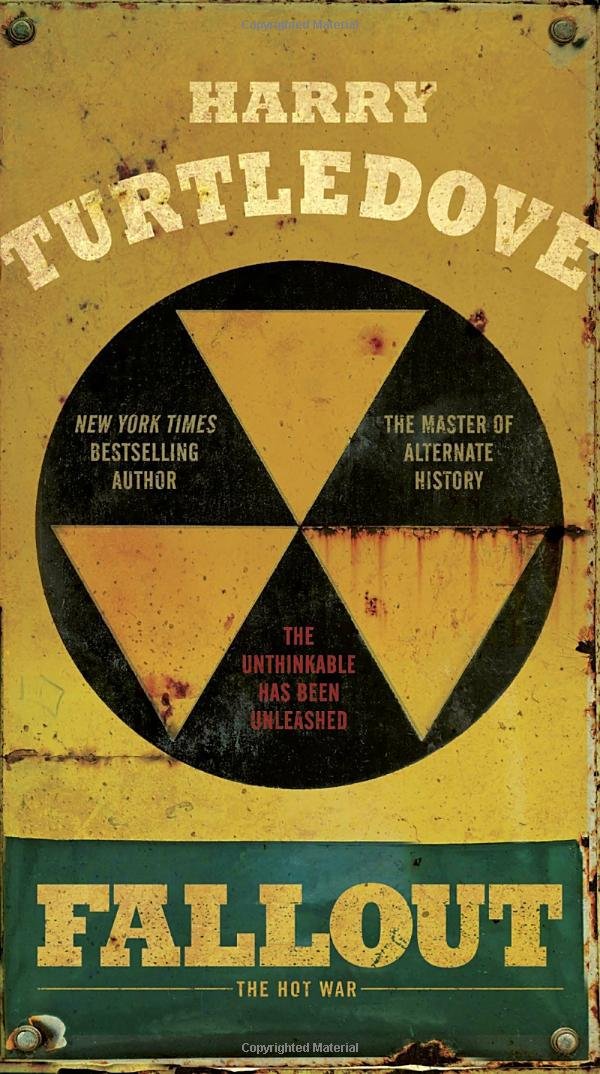
The Hot War #2: Fallout is an alternate history book written by Harry Turtledove.
Turtledove is known as the “Master of Alternate History,” and I can’t really disagree with that.
I do, however, have my problems with him.
But let’s see what the book is about before I deal with that.
“The Hot War” is a series based on the “what if” question: “What if Harry Truman had decided to use nuclear weapons against the Chinese when the Chinese invaded North Korea?”
In this alternate history, the Chinese did much more damage to the American troops when they decided to intervene in the Korean War, and Truman felt that he had to stop them in any way possible.
(A few minor spoilers for the first book follow)
The Soviets retaliated for this, invading West Germany through the Fulda Gap and dropping their own atom bombs on some cities in England, Paris, Seattle, and Los Angeles. The newly “hot” war escalates even further after that, with the US dropping atom bombs on various cities in the Soviet Union.
This is before ICBMs were invented, so these bombs are being dropped by B-29 Superfortress bombers and their Soviet counterparts.
(End spoilers)
As with most Turtledove series (as opposed to some of his one-off stories), the tale is told through a large number of viewpoint characters: a Soviet bomber pilot, tank commander, a Ukrainian and a Hungarian foot soldier conscripted by the Soviets, a West German soldier and a US soldier in Korea.
The civilian side is told from the point of view of a widowed British woman, a widowed Seattle woman, a family man in Los Angeles, the wife of the German soldier, and President Truman himself. There are a few others as well.
Fallout deals with the war from June 1951 to May 1952.
The rotating viewpoints can get confusing, which causes Turtledove to restate certain character traits again and again whenever he goes back to them. Sometimes that’s useful, but if you do remember the traits, then it gets a bit irritating after a while.
So why do I have a love-hate relationship with Turtledove books?
I find his writing tedious, but I love his imagination.
Whenever I happen upon a Turtledove book, I look at the description of the plot. What is the alternate history hook? Is it an interesting situation?
There was a trio of series that took place spanning 1914 – 1945, with the backdrop of the South having won the Civil War. It basically covered World War I, the years between the wars, and then World War II, with the South basically being Germany.
I found the series fascinating. It was 10 books!
But it was the concept that kept me going. His writing just annoyed me.
(Yes, I was annoyed for 10 books, but thankfully I didn’t read them all at once)
If I like Turtledove’s idea, then I will tend to like the book(s) even if I struggle with them.
Such is the case with “The Hot War.”
The idea of the Cold War becoming a real one before ICBMs were invented, so it can’t end in the total destruction of all mankind, is really a fascinating one. Fallout continues that plot very well.
Some of the individual point of view characters are a bit boring, but overall it’s not bad. I’m actually enjoying this series more than I did the many of his other books.
But Fallout does suffer from some of the usual Turtledove irritants (though thankfully he avoids the fault from his previous books of writing cringe-worthy sex scenes).
Many of the characters have similar speech characteristics even though they are from different countries (almost from different worlds). Whether they are Soviet infantry or American civilians, guaranteed there’s going to be some variation of “I would like to tell you you’re wrong, but I know you’re not.”
Most of them speak in some kind of “down-home, salt of the earth” dialect that really doesn’t differentiate them very much.
Turtledove tells his story in a number of scenes bouncing from character to character, and some of these scenes don’t really seem to forward the story much. Neither the over-arching war story nor their own personal story.
Sometimes it seems like Turtledove is treading water to add heft to the book.
Finally, and this is just for those of you who are sensitive to this, there is a lot of foul language and racial slurs in the book. They are all used in the character dialogue and point of view description, so it’s Turtledove being true to his characters and the time period, but you should still be ready for it.
Don’t read this book or this series if you don’t like seeing it at all.
So what’s good about the book, other than the overall alternate history idea?
First, I’m really happy that Turtledove is not afraid to kill off POV characters. Much like George R.R. Martin in Game of Thrones, just because you’re getting part of the story from a character’s viewpoint does not mean that the character will survive.
I love that.
(though one of the apparent deaths is actually kind of ludicrous)
Secondly, as the book nears its conclusion, it really ramps up the tension in the overarching story. The war is going quite badly for both sides and the reader is left wondering just how this is going to end.
Will both sides annihilate each other somehow?
Is there any going back when so many major cities are radioactive rubble?
What’s going on inside the Soviet Union, anyway?
It has left me really wanting to check out the final book in the series sooner rather than later.
It’s also very interesting to see how civilians are handling all of this, trying to get on with their lives in the midst of such total carnage. You still have to get a job and pay the bills.
Overall, Fallout is one of Turtledove’s better books, and this series (at least so far) would be one I would recommend for anybody interested in checking out alternate history novels.
Yes, the writing can still be tedious, but it’s some of Turtledove’s best and the concept just grabs you and won’t let go.
If you already know you don’t mind Turtledove’s writing, then this one will really get you and I highly recommend it.
Advertisements Share this:

